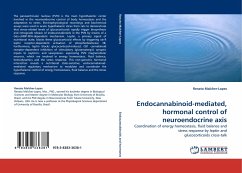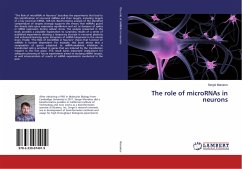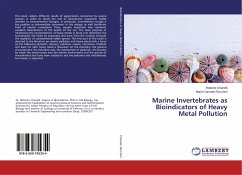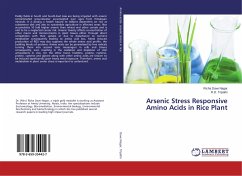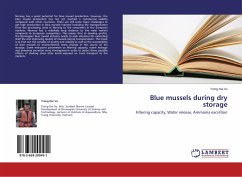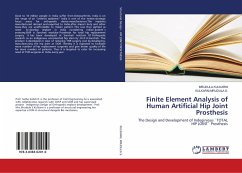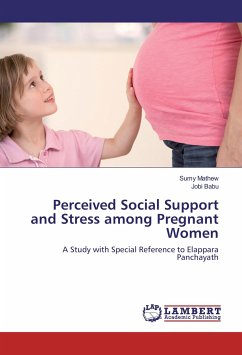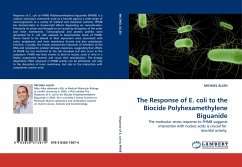The paraventricular nucleus (PVN) is the main hypothalamic center involved in the neuroendocrine control of body homeostasis and the adaptation to stress. Electrophysiological recordings and biochemical assays were used in acute hypothalamic slices from rats to demonstrate that stress-related levels of glucocorticoids rapidly trigger biosynthesis and retrograde release of endocannabinoids in the PVN by means of a G s-cAMP-PKA-dependent mechanism. Leptin, a primary signal of nutritional state, blocks these glucocorticoid effects by triggering ob-R leptin receptor-dependent activation of phosphodiesterase 3B. Furthermore, leptin blocks glucocorticoid-induced, CB1 cannabinoid receptor-dependent inhibition of stimulatory (glutamatergic) synaptic inputs to oxytocin- and vasopressin- expressing PVN magnocellular neurons, which are involved in energy homeostasis, fluid balance, hemodynamics and the stress response. This non-genomic hormonal interaction reveals a nutritional state-sensitive, endocannabinoid-mediated regulatory mechanism to modulate and coordinate the hypothalamic control of energy homeostasis, fluid balance and the stress response.
Bitte wählen Sie Ihr Anliegen aus.
Rechnungen
Retourenschein anfordern
Bestellstatus
Storno

